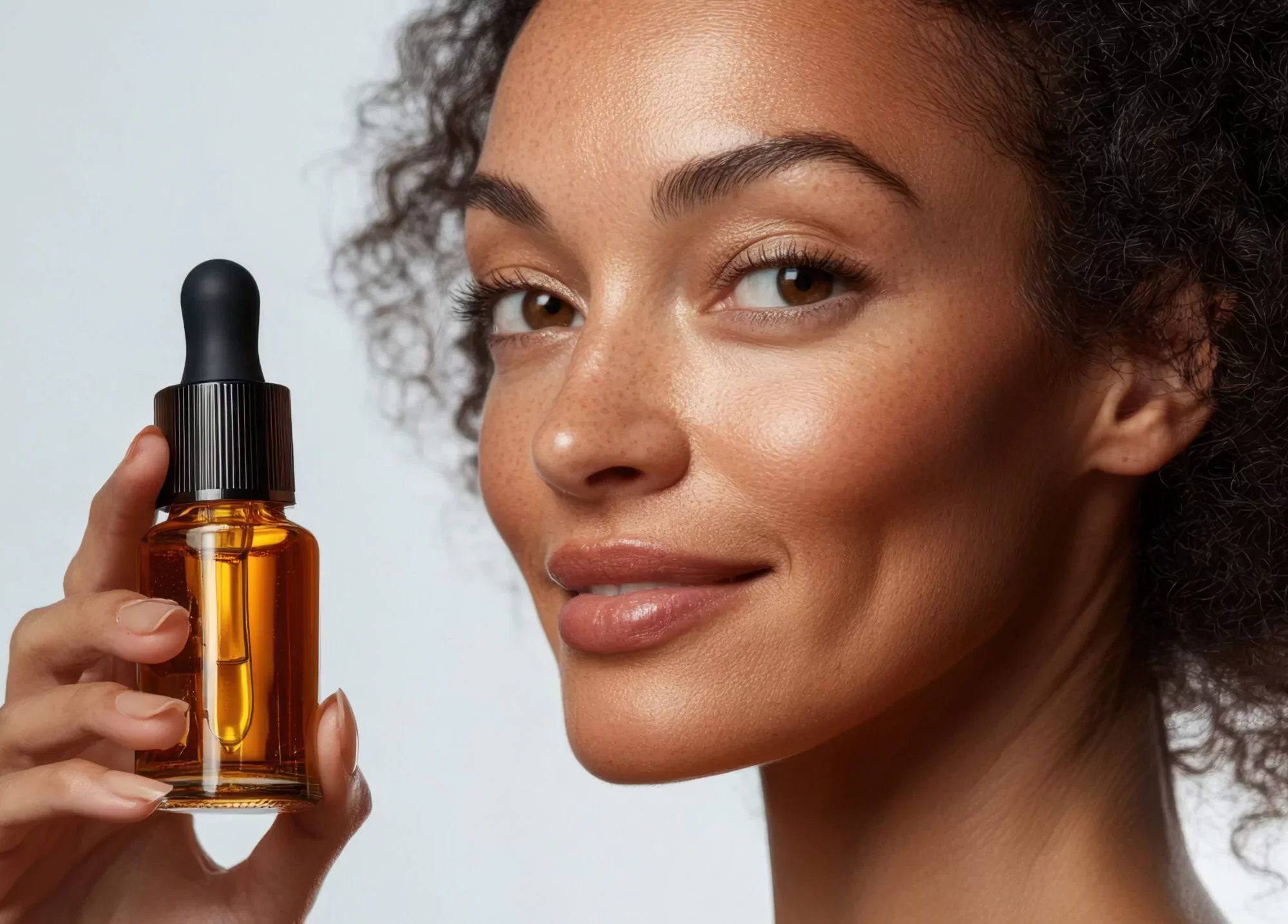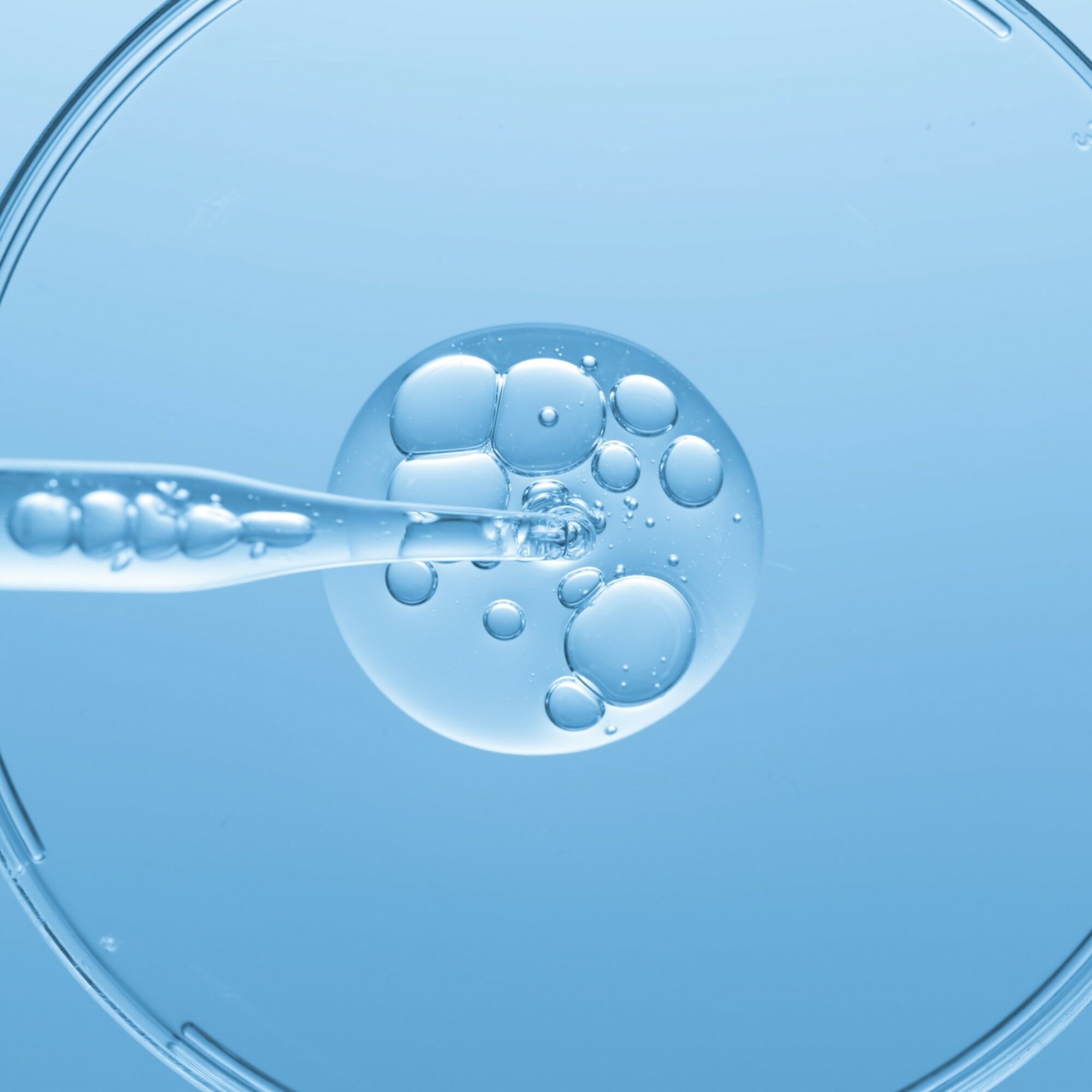What Are Exosomes?
Exosomes are small extracellular vesicles ranging from 30 to 150 nm in diameter, surrounded by a lipid bilayer and containing proteins, lipids, and genetic material. Released by various cells, including stem cells, they transport their content from one cell to another. Although their function is not entirely elucidated, they are recognized for their role in cell communication, immune response, and genetic material transfer.
Multiple sources: Exosomes can come from mammalian sources (cells, tissues, and bodily fluids), as well as non-mammalian sources including invertebrates, plants, bacteria, algae, yeast, fungi, and insects. These non-mammalian sources are garnering growing interest due to their unique properties, offering potential alternatives for biomedical applications.
Plant-derived exosomes, for example, can come from vegetables (such as broccoli, garlic, and aloe), fruits (including apples, grapefruits, pomegranates, pineapples, and various citrus fruits), plants (such as jojoba, tea tree, and chamomile), and flowers (such as rose and lavender). Their applications are diverse, including stimulating hair growth (notably with pineapple, pomegranate, and garlic).
Exosomes can also be derived from various species of algae (including green algae and are used in therapeutic, cosmetic, and nutraceutical fields.
Examples of Exosome Use in Cosmetics and Dermo-Cosmetics
Exosomes have significant potential to revolutionize skincare products due to their unique ability to penetrate the skin, interact with skin cells, and deliver bioactive molecules. Research shows their potential in treating skin inflammation, wound healing, and hair regeneration. However, it is important to note that most studies are still at a preclinical stage, highlighting the need for more clinical trials to confirm their safety and effectiveness in humans.
Regulations regarding exosomes vary by country: in the European Union, for example, the use of human-derived exosomes in cosmetics is prohibited. Companies must therefore check local regulations before launching such products.
Some products are already available on the market as of 2024:
- The brand (plated)™, in the United States, offers products using its exclusive Renewosome™ technology. Notably, with its INTENSE Serum, the brand claims that its exosomes help reduce signs of aging. The serum uses exosomes derived from human platelets. The ingredient appears on the product’s INCI list under the name “human platelet extract”.
- In France, the brand Skin Diligent Epigenetics offers the EXOSOME ADVANCED Night Cream, a moisturizing cream containing exosomes, which they claim are high-tech ingredients for precisely targeted delivery of active ingredients to the skin. They help repair the skin barrier, minimize moisture loss, and improve overall skin health. The exosomes used in this cream are extracellular vesicles from Lactobacillus bacteria.
- Nutrafol, another American company, uses its exclusive ashwagandha-derived exosomes in the Hair Serum product. They highlight that these exosomes are 1500 times smaller than the ashwagandha used in other products, meaning they are immediately and efficiently absorbed by the scalp. With the addition of pea sprout extract and Maca, this serum is said to act directly on the scalp for visibly thicker and stronger hair.
These innovations around exosomes in cosmetics are mainly driven by independent brands and represent strong potential to transform the cosmetic industry on a broader scale. However, several challenges remain, related to their production methods, stability, and regulation.
Alcimed’s expertise includes specialization in cosmetics and luxury, and our team’s vast knowledge of the latest developments in this field can help you drive your exosome-related projects. Don’t hesitate to contact our team!
About the Author
Marion, Consultant within the Cosmetics & Luxury team at Alcimed in France.


